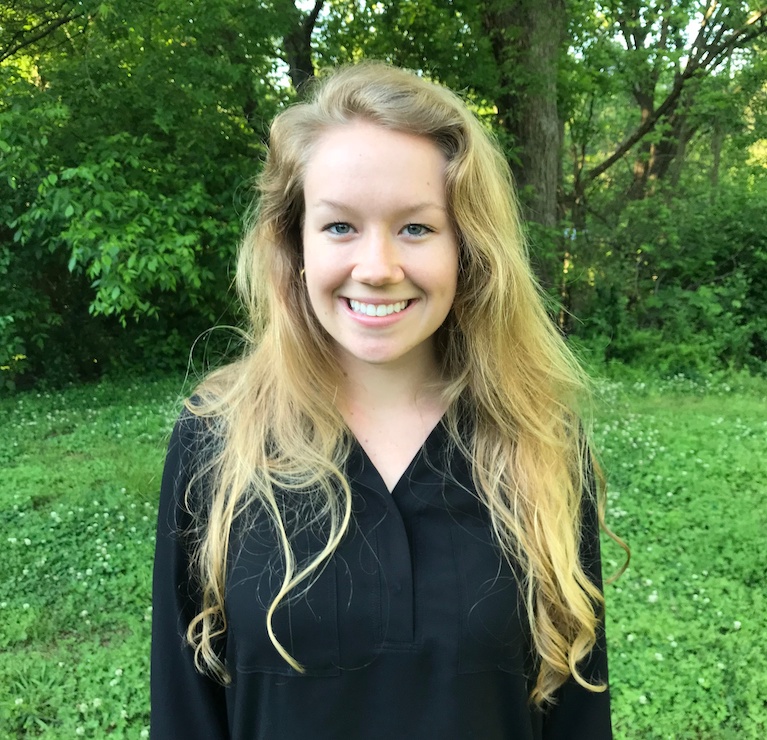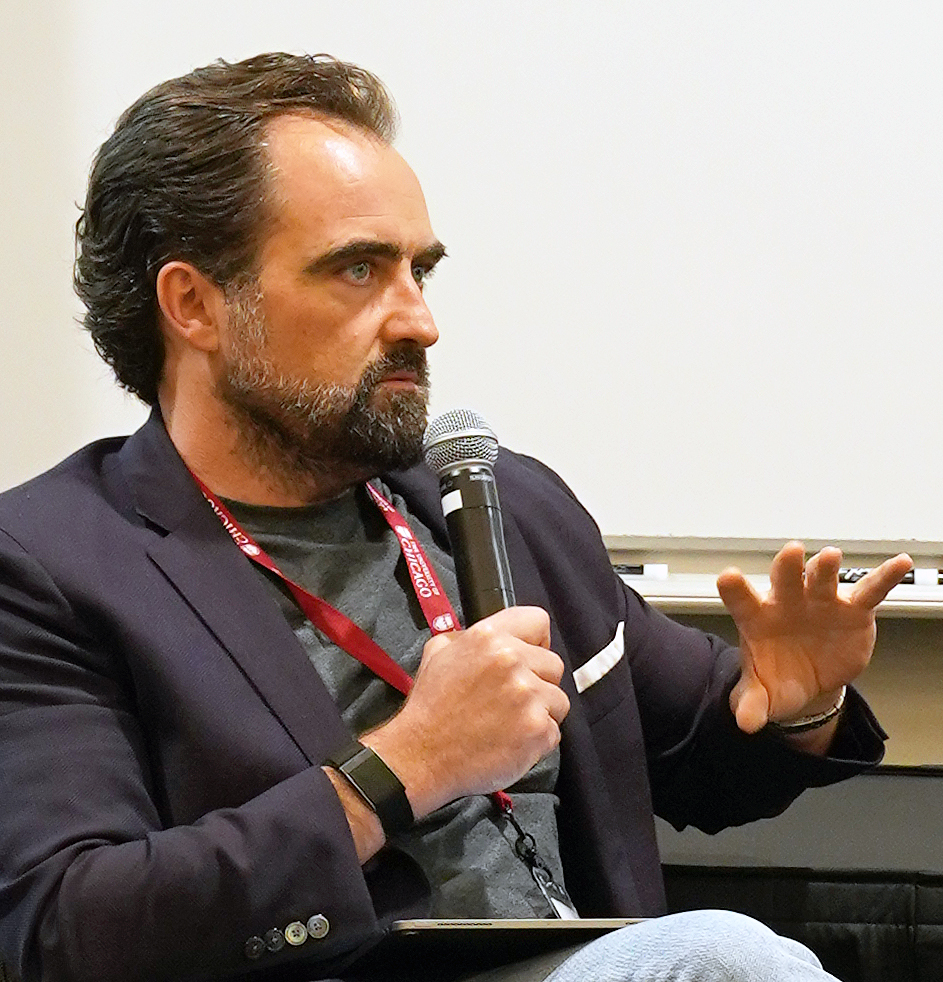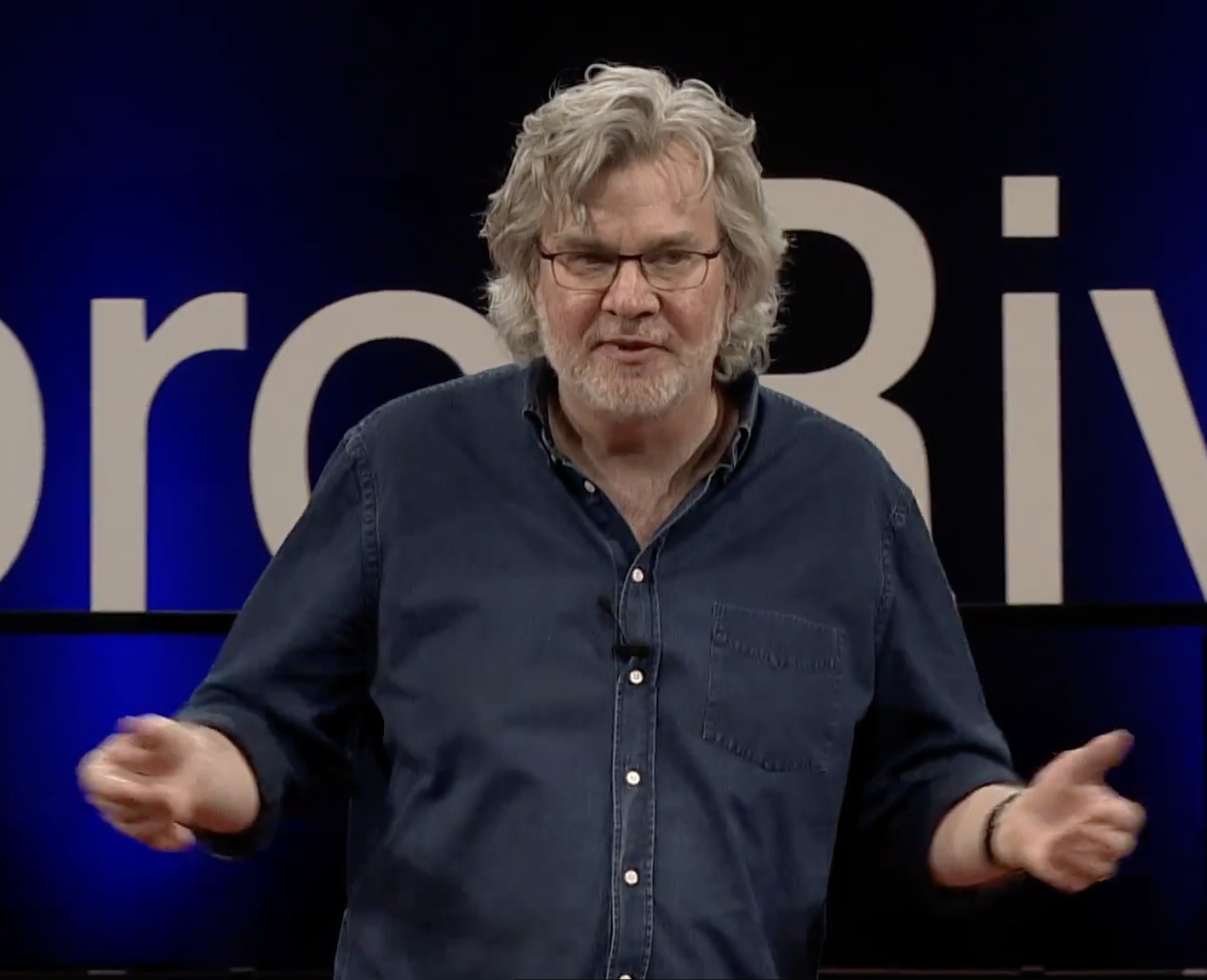A summer spent working with refugees in Greece inspired Janelle Crumpton to focus her career on the policy side of disaster response.
Janelle Crumpton, a first-year student in the Master of Science in Threat and Response Management (MScTRM) program, discovered a direction for her career while working with refugees on the Greek island of Lesbos in 2018. A student at the University of Georgia at the time, she had arrived at college two years earlier eager to develop skills she could use to impact the world in positive ways. A class she took on disaster management the semester before working in Greece was her first sense for how she might accomplish that goal.
“That was my favorite class,” says Crumpton, who currently works with Red Cross Americorps in disaster response. “But my time on Lesbos gave me an even better sense for what my future might look like. I learned about potential career paths and skill sets that were completely new to me. I returned home knowing that if I could figure out a way to learn those skills, I’d want to do that sort of work for the rest of my life.”
About Janelle Crumpton
- Position
- Red Cross AmeriCorps
- Hometown
- Columbus, NC
- Program
-
Class of 2022
- Hobbies
- Running
Crumpton was drawn to the fast pace and urgency of the environment on Lesbos, along with the challenge of solving complex problems with her coworkers through open dialogue and coordination. Working with a vulnerable population in overcrowded circumstances, she and her colleagues had to find creative ways to use their limited resources.
“The circumstances were extremely trying, and we had to make very hard decisions about housing and medical care nearly every day,” she says. “Even basic decisions, like who might get an extra pair of socks, became fraught in such a critical situation. I came to see it as a puzzle and with the pieces in front of us we had to work together to find the solution that linked everything together in the best way possible.”
Foundational skills and field experience
When Crumpton returned to college that autumn, she reached out to the professor of her disaster management class with some pressing questions. In particular, she wanted to know what steps she should take to prepare herself for a future dedicated to preparing and managing disasters.
“Through my professor’s advice and my own independent research, I concluded that if I wanted to pursue a career focused on the policy side of disaster management at the national or international level, I’d need the foundational skills and knowledge that would give me a wide understanding of the entire field. The University of Chicago’s Masters in Emergency Management program, with instructors who have years of experience as leaders in the field, was exactly what I was looking for. I was particularly drawn to its focus on human-caused disasters.”
Making connections for the future
Crumpton sees the time she will spend working on assignments and getting to know her classmates as an invaluable supplement to her classroom experience. Just out of college herself, Crumpton knows that learning and working alongside others who have spent years working across the field of emergency management will be an education unto itself.
“It’s something that’s already become clear to me in so many ways,” she says. “When a disaster hits, it’s not just what you know, but who you know as well. Effective disaster response requires an especially wide range of skill sets and, with every disaster being unique, you bring together not just all your knowledge and experience, but also your network. I’m excited to begin the MScTRM program because it seems ideally set up to give me everything I’ll need moving forward.”
The UChicago Biological Sciences Division (BSD) will oversee any future programming. Please visit the BSD website for more information about their offerings.



